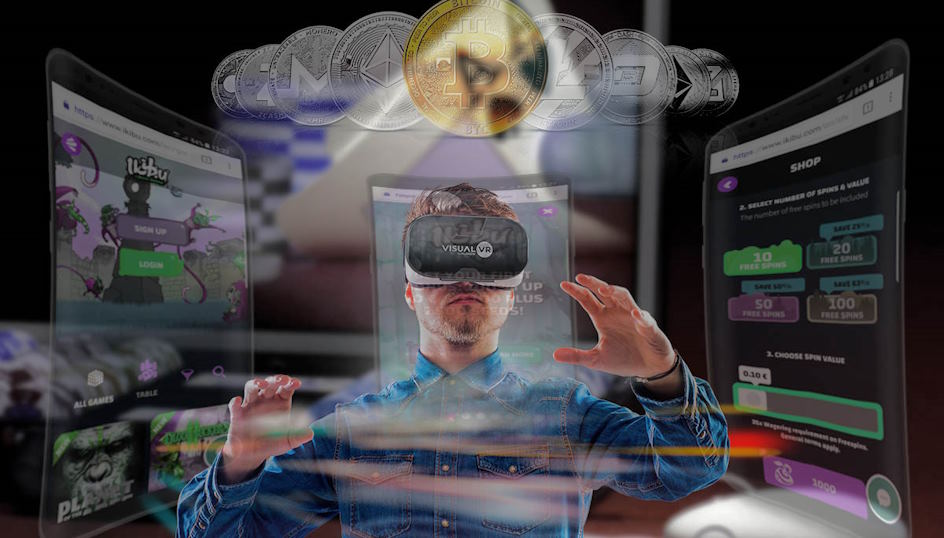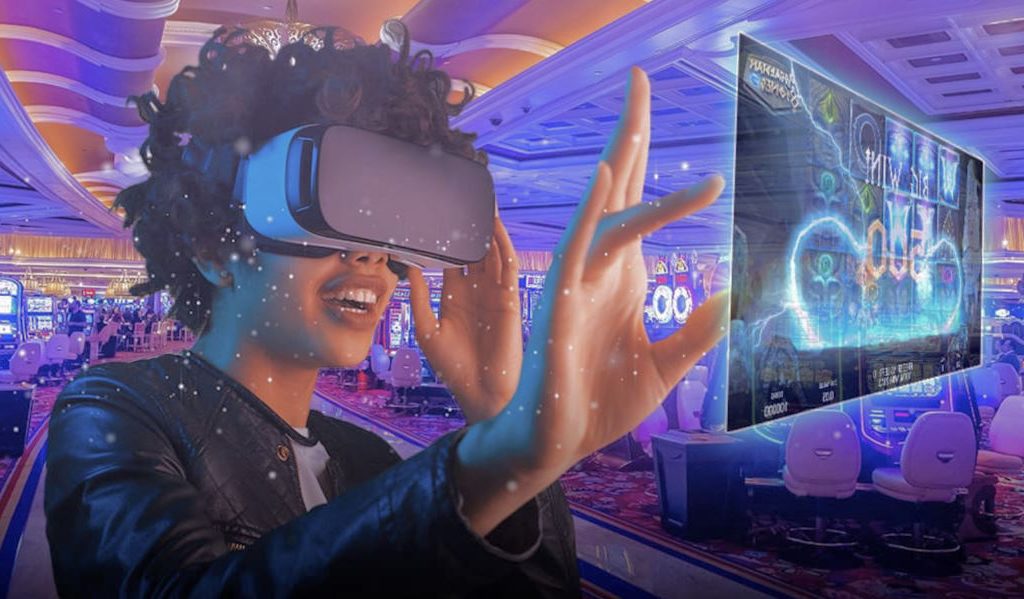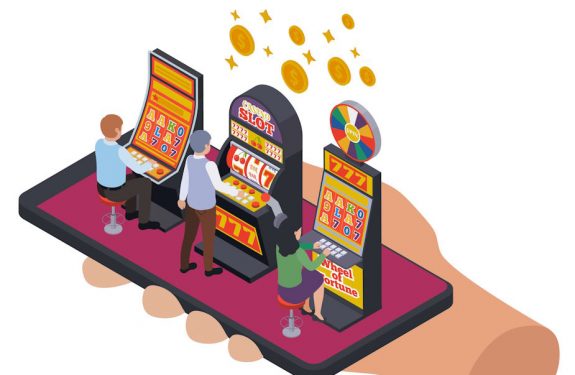As technology continues at breakneck speeds, the worlds of Virtual Reality (VR) and Augmented Reality (AR) are making unprecedented impacts across various sectors. One such industry where the fusion of these technologies with blockchain and cryptocurrencies promises a revolution is casino gaming. Crypto casinos disrupt traditional models by offering anonymity, lower fees, and blockchain’s inherent security. But how will VR and AR transform the crypto casino gaming industry, technologies further reshape this landscape?
Enhanced User Experience
Imagine walking into a virtual casino where you can interact with other players, take place at a blackjack table, and observe real-life gestures and facial expressions, all from the comfort of your home. VR can make this experience possible. On the other hand, AR can overlay digital information, such as odds or player stats, onto real-world casino gaming.

Trust and Transparency
Blockchain technology has already instilled a level of trust by making transactions transparent and immutable. It makes the role of VR and AR in the evolution of crypto casino experiences more transparent and participatory when combined with VR and AR.
Real-Time Social Interaction
One of the downsides of online gaming has always been the lack of social interaction, which is a significant draw for physical casinos. VR and AR can bridge this gap. VR can create a social environment where players can communicate through voice and gestures, replicating the social atmosphere of a real-world casino.

Accessibility and Convenience
Since there are no geographical restrictions on crypto casinos, VR and AR incorporation may further lower admission requirements. With VR headsets and AR-enabled smartphones becoming increasingly affordable and accessible, more people are exploring the potential of VR and AR in crypto casinos without requiring high-end hardware or software.
Regulatory Concerns
While the future seems promising, it’s not without challenges. Regulatory issues surrounding crypto and online gambling are already complicated, and adding VR and AR to the mix raises new questions about data privacy, security, and ethical gaming practices.





